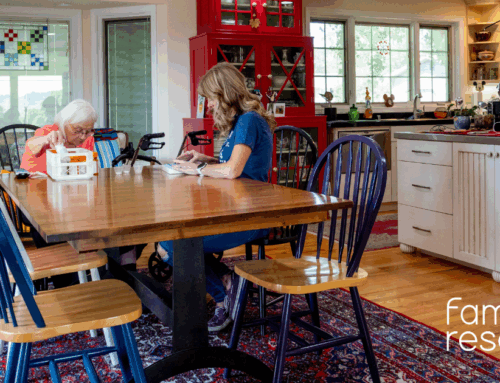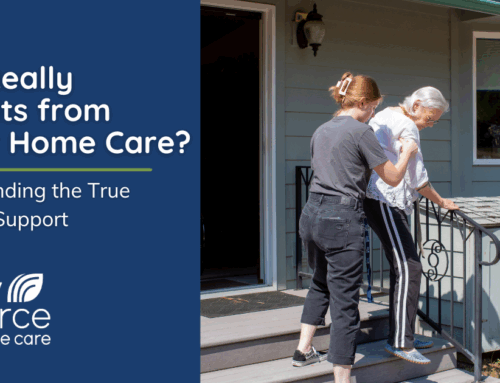Last month, UW Gerontology at the University of Washington hosted a conference on “Elder Friendly Futures.” As someone who spends most of his time buried in the day-to-day operations of my organization (as most of us are!), it was refreshing to spend two days imagining what the future could be like and hearing from the very people who are helping to make it happen.
If there was an overarching theme, it was that the way elders receive services will change. It will change because limits on available funding, exploding demographics, health care reform, changing lifestyles, and technological innovation are all happening at once. It will change with or without our help and so it is up to us to shape it in a way to benefit us all. The only way to make the coming changes beneficial to our aging population and society at large is to “climb out of our individual delivery and funding system silos.”
In aging services, as with social and health services, in general, delivery and funding systems tend to be self-contained. Hospitals do hospital care, then a discharge, then, too often, a readmit. Home care agencies get called in after a fall and find a bewildering assortment of medications in the home prescribed by six different providers. Social service agencies have a limited funding stream that tends to narrow the scope of the services they can provide to the people who could benefit most. We work in our own individual silos.
One of the more interesting and inspirational Elder Friendly Future talks was by Cheryl Phillips, Senior Vice President for Advocacy for Leading Age. Cheryl sees things differently. She sees organizations talking across discipline. She sees new economic incentives working to promote better health care for individuals and communities. She sees the Affordable Care Act (ACA) acting as an incubator for literally hundreds of new collaborative projects that have the potential to provide better outcomes for more people at lower cost.
One of the most exciting aspects of the ACA is the coming development of Accountable Care Organizations. Hospital groups are starting to form these now which in a few years will pay providers for outcomes, not procedures. Hospital groups will be able to use a variety of innovative programs, such as home care, to help their patients get well and stay well.
Your mother hopefully knew that if you were coming home from the hospital you would get a lot better sooner if you had a bath, a hot meal, clean clothes, took your medicine the right way, followed the doctors orders, and went for your follow-up visit. It’s no different for elderly patients being discharged. Unfortunately, their mothers are gone, and family and community is often unavailable. How about hospital groups paying home care agencies to ensure compliance with discharge instructions and a safe comfortable environment to recover?
What a concept. But it means providers and funding sources climbing out of their silos and looking forward toward the benefit of all of us.
photo credit: Elderly Couple via photopin (license)






